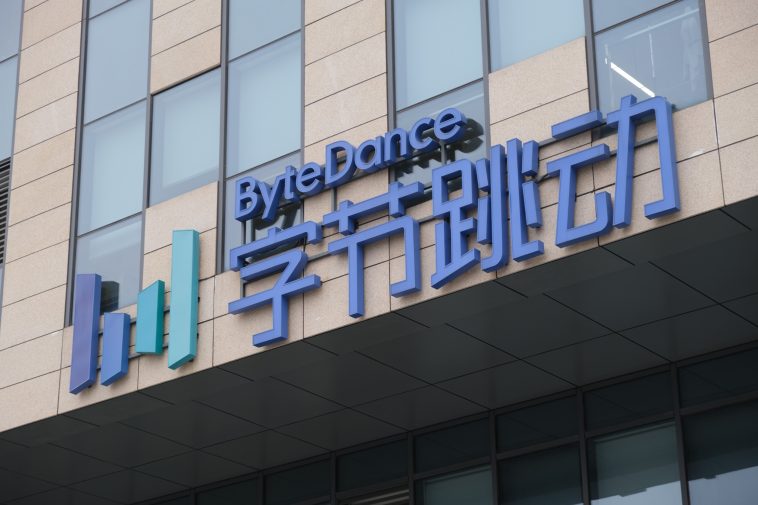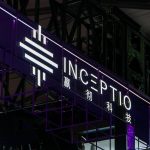ByteDance has tapped Alibaba former AI expert Yang Hongxia to lead its language generation model team. Credit: 123RF
According to the Financial Times, ByteDance is planning to invest over $12 billion in artificial intelligence infrastructure in 2025. Sources familiar with the matter revealed that ByteDance has allocated a budget of RMB 40 billion ($5.5 billion) to purchase AI chips in China by 2025, doubling its spending from last year. Additionally, the company plans to invest approximately $6.8 billion overseas, using NVIDIA chips to enhance its foundational model training capabilities. However, ByteDance has denied these claims.
Why it matters: ByteDance’s big investment shows it is betting heavily on AI as a way to drive future growth. With TikTok facing restrictions in several countries, the company is turning to AI development and investment in its quest for new opportunities.
Details: ByteDance is expanding its AI development efforts both in China and internationally, aiming to boost its capabilities in a highly competitive market.
According to another report from the Financial Times, ByteDance’s full-scale commitment to generative AI is being led by its founder, Zhang Yiming.
In China, ByteDance’s AI chatbot Doubao has taken an early lead. As of December 2024, Doubao recorded 31.31 million monthly visits to rank second in AI web traffic in the country.
ByteDance has also invested in AI and data center facilities in the Southeast Asian market: BytePlus, a ByteDance subsidiary, is planning to build a data center in Thailand by 2025. In June 2024, ByteDance announced plans to invest MYR 10 billion ($2.1 billion) to establish an AI hub in Malaysia.
ByteDance also competes with major Chinese tech giants such as Baidu, Alibaba, and Tencent, all of which are heavily investing in generative AI and foundational model training. Context: ByteDance’s ambitious AI investments come at a time when its core software business faces increasing challenges. TikTok, the company’s globally popular video-sharing app, is under regulatory scrutiny in several countries. At the same time, US-China trade tensions, particularly in the semiconductor sector, pose significant hurdles for ByteDance’s AI development. Export controls imposed by the US limit Chinese companies’ access to advanced chips like NVIDIA’s high-performance GPUs, which are essential for training large AI models. The AI sector itself is highly competitive, with major players like Baidu, Alibaba, and Tencent racing to develop advanced generative AI technologies and foundational models. These companies are not only competing on innovation but also on scale, infrastructure, and cost-effectiveness, making the AI race both a strategic and resource-intensive endeavor.
Shuang is a Shanghai-based tech reporter at Technode.com, covering AI, tech company, e-commerce and retail. Find her via e-mail: [email protected].
More by Shuang JING





GIPHY App Key not set. Please check settings